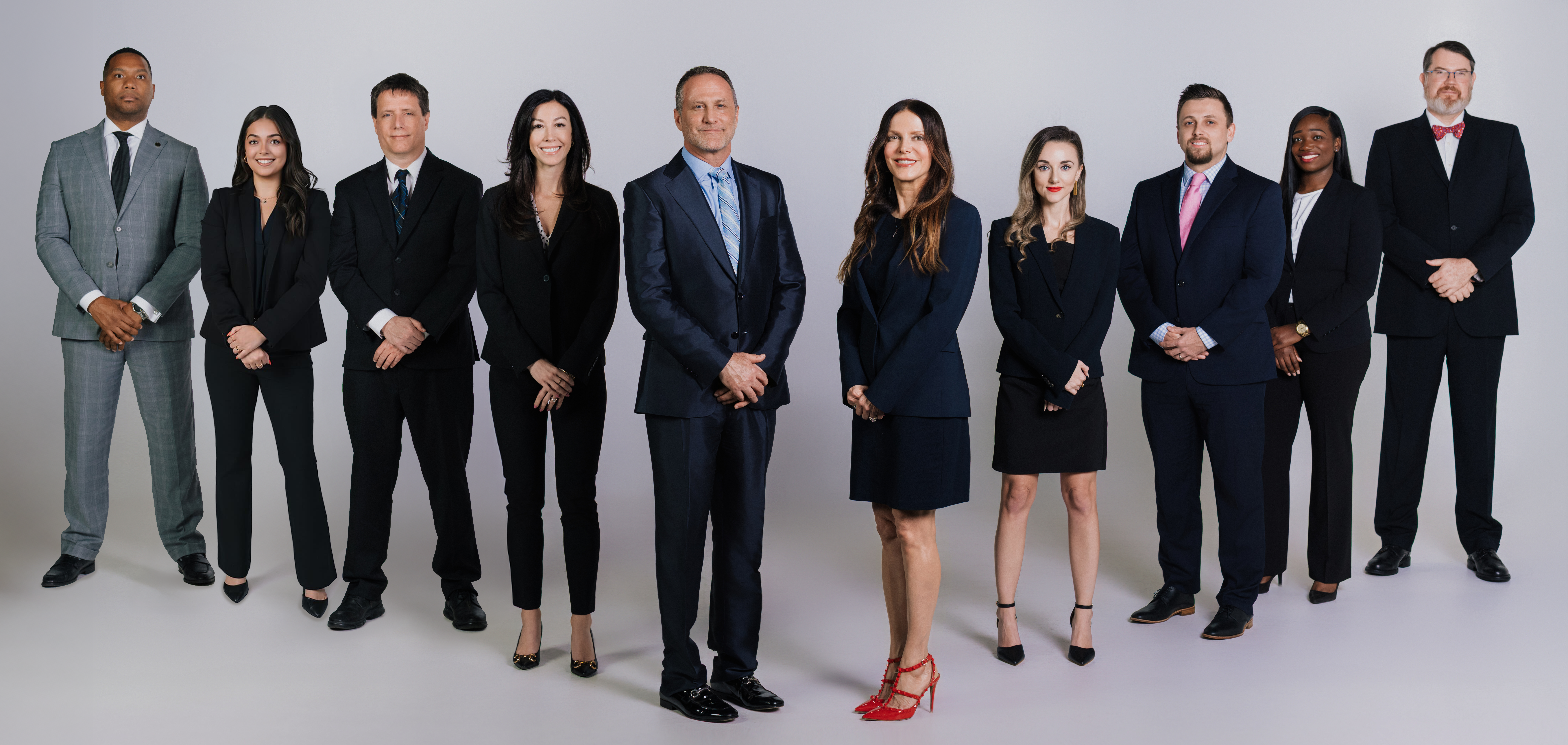
Marital or Spousal Privilege In Florida
If you’re married, you know that your spouse is the one person who knows everything about you. Although being all-knowing about a spouse is considered a positive aspect of your relationship, there are times when it can cause issues. If you’re arrested and face criminal charges, the intimate details that your husband or wife knows about your life, actions, and opinions of others could hurt your case.
In Florida, there’s a spousal privilege law that works to protect you from any information your spouse knows regarding your criminal charges. You can exercise spousal privilege to help you in even the toughest cases.
What Is Spousal Privilege?
According to Section 90.504 of Florida’s Evidence Code, spousal privilege allows a husband or wife to refuse to disclose or to prevent anyone else from disclosing confidential communications made between them during their marriage. Spousal privilege is a common term that’s often used to blanket two separate laws, which are:
- Spousal communication privilege
- Spousal testimonial privilege
Spousal communication privilege outlines that if you’re asked a question about the activity of your spouse related to any pending charges they’re facing, you have the right to refuse to talk. Likewise, your spouse if asked, he or she can refuse to disclose information about your actions or conversations.
Spousal testimonial privilege is a federal law that states if a spouse is asked, they have the right to refuse to testify against the person they’re married to. Both spousal communication and spousal testimonial privilege are important because they prevent people from presenting false information to the courts with the intention of protecting themselves and their families from the consequences of harsh penalties.
When Should I Exercise Spousal Privilege?
There are specific factors that dictate who has the right to exercise spousal privilege and, likewise, when it can be exercised. A few factors that regulate spousal privilege include:
- You must be engaged in a legal marriage
- The information you’re withholding must be the subject of a confidential conversation
- The communication must have occurred during a legal marriage
One of the most essential details to note is that spousal privilege does not apply to simple observations. A spouse could be forced to disclose details that might be incriminating, even if they’re keeping their conversations confidential. For example, a spouse does not have to disclose that their partner said they were drunk during a private conversation. However, they do have to disclose that they saw their partner at the bar that night.
In a criminal case, a knowledgeable defense attorney can help you understand when you have the right to exercise spousal privilege and inform you of your legal options regarding what information to disclose.
What is Not Covered Under Marital Privilege Laws In Florida?
Spousal privilege is not recognized in three different situations. The exceptions to spousal privilege include:
- Cases of one spouse against another
- Cases regarding the well-being of the couple’s children
- Cases when the spouse wants to willingly disclose a confidential conversation
In Florida, there’s one other exception to the law of spousal privilege. Florida law dictates that if a conversation between spouses occurred with the intent to commit fraud, the spousal privilege doesn’t apply. In other words, a spouse cannot exercise their privilege to cover up a crime of fraud that was meant to benefit themselves and their partner.
A Knowledgeable Criminal Defense Lawyer Can Help You Understand Your Options
If you or your spouse is navigating criminal charges, The Umansky Law Firm is a source of knowledgeable attorneys who can help you every step of the way. With more than 100 years of combined experience, we have helped win cases for thousands of individuals and families across Central Florida. Our clients appreciate the attention we give them and our services are highly rated on Avvo.com. We are named among Florida’s Legal Elite and Florida’s Super Lawyers.
To schedule a free consultation, call 407-228-3838 or contact us online today. Don’t let a single mistake ruin your future.



